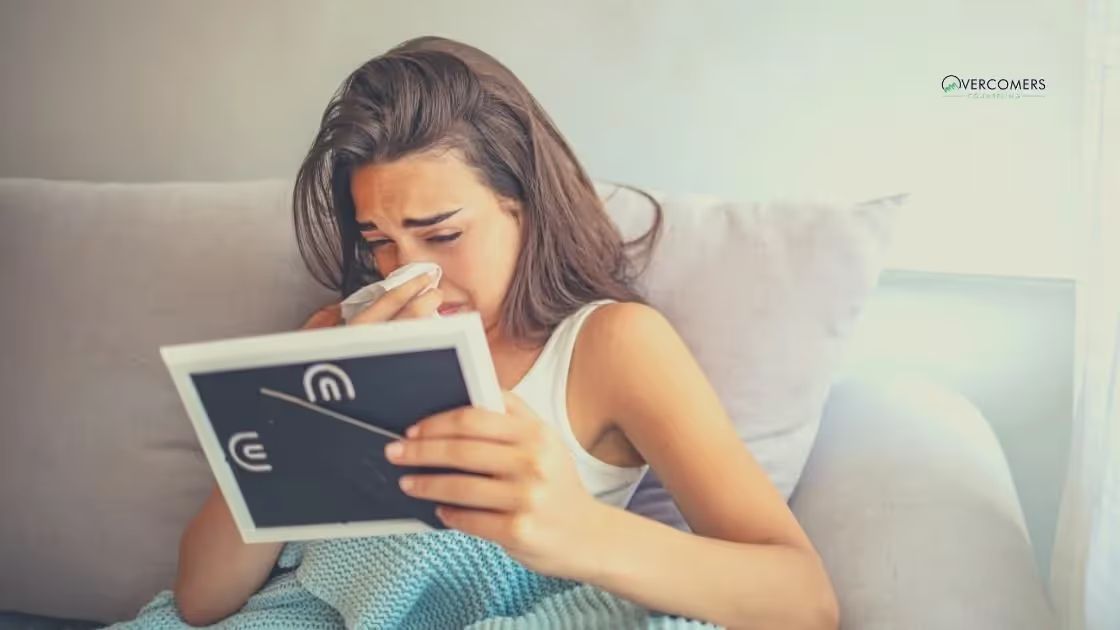Social anxiety disorder is a complex mental health condition with a variety of causes, both genetic and environmental. As with most anxiety disorders,...

Social anxiety disorder is a complex mental health condition with a variety of causes, both genetic and environmental.
As with most anxiety disorders, social anxiety disorder involves excessive or inappropriate fear of certain situations, in this case those pertaining to social interaction. Those with social anxiety disorder have excessive fears of being judged or criticized, and tend to avoid certain forms of contact with other people. Some with social anxiety disorder may avoid talking on the phone or speaking with strangers.
Others have issues with eye contact, or may avoid social situations, such as work functions or parties. Because both the causes and manifestations of social anxiety disorder are complex, it is important that those who struggle with the disorder receive guidance from a trained mental health professional so as to determine the best course of action with regards to treatment.
Anxiety disorders, as with most mental illnesses, are highly heritable, and those with a family history of anxiety disorders are more likely to develop anxiety disorders themselves. While the exact genetic components of anxiety disorders have yet to be determined, it is believed that certain genes affecting the amygdala, or the "fear center" of the brain, are central to the development and course of social anxiety disorder.
Along with genetic factors, environmental situations can greatly impact the course of social anxiety disorder in individuals. Occasionally, social anxiety disorder can develop as a response to trauma. Previously unaffected individuals may find themselves displaying symptoms of social anxiety disorder after experiencing greatly embarrassing events or situations. Additionally, an individual's family life can play a great role in the development of social anxiety disorder. Those who grow up in a household with someone with social anxiety disorder (such as a parent or sibling) may find themselves mirroring these maladaptive behavioral patterns, thus setting themselves up for the development of social anxiety disorder.
To reduce your anxiety, you can practice relaxation techniques such as deep breathing, progressive muscle relaxation, guided imagery, and mindfulness practices. Additionally, regular exercise has been found to be beneficial in managing stress and improving mental health.
The duration of anxiety counseling varies for each individual, depending on the severity of their anxiety and their progress in therapy. Our therapists will regularly assess your progress and adjust your treatment plan as needed.
Ignoring anxiety can exacerbate symptoms and make it more challenging to manage over time. This can result in a negative impact on your personal, professional, and social life, leading to feelings of isolation and even depression.
Addressing anxiety is crucial because it can significantly impact your quality of life and overall well-being. Left untreated, anxiety can lead to more severe mental health issues, relationship problems, and difficulty functioning in daily life.
Yes, Medicaid provides insurance coverage for therapy services specifically designed to help individuals struggling with anxiety, depression, and other mental health conditions.
Other activities which have been found helpful in reducing both immediate feelings of anxiousness and long-term anxieties associated with chronic disorders include yoga, journaling, nature walks, art therapy, volunteering, and other low-stress activities. Additionally, developing a healthy lifestyle incorporating adequate sleep, physical activity, and nutritious meals can help reduce overall stress levels.